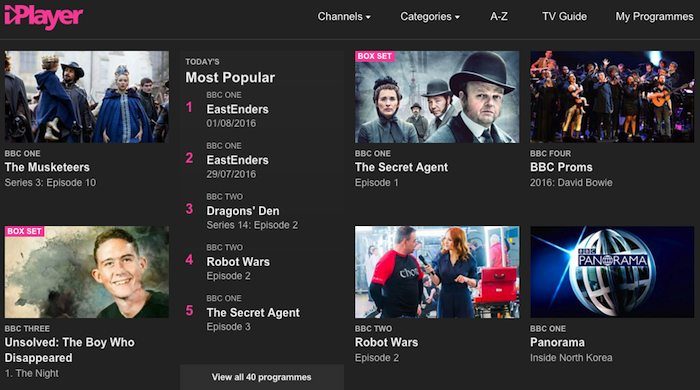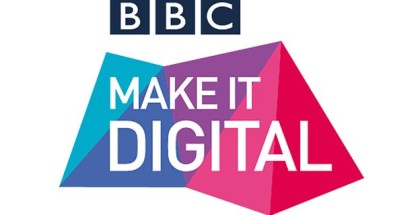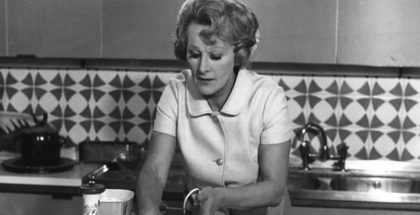BBC iPlayer aims to be “number one online TV service”
David Farnor | On 11, Jan 2017
BBC iPlayer is aiming to be the “number one online TV service” in the UK, BBC Director General Tony Hall declared today.
The Beeb’s streaming site is now almost 10 years ago, following its launch at the end of 2017, but the broadcaster’s digital ambitions are only getting bigger.
Since its debut, streaming has steadily grown in the UK, particularly among younger viewers, driven by the rise of such services as Netflix and Amazon Prime Video, let alone all the other Freeview catch-up services, such as All 4, ITV Hub, My5 and UKTV Play. From being a leader of the pack, BBC iPlayer is increasingly at risk of becoming just one of many in the pack, but Hall is determined for that not to happen.
He has said that the service must completely re-invent itself to outperform its rivals, introducing features that can rival the commercial competition. Indeed, Netflix has staked its success and USP on its personalisation, tracking user behaviour to recommend similar content, while Amazon has tied its Prime Video service to its Fire TV platform, adding voice search for people to find content.
Hall says iPlayer should step up its technology game to match, using voice recognition, personalisation and artificial intelligence to maintain its leading position in the market.
Indeed, according to Ofcom the site is already the most popular on-demand service in the UK, used by around a third of the country, ahead of Netflix’s 16 per cent. In the last year, the BBC has increasingly pushed its new sign-in user system for viewers, which recommends content across the BBC related to what they watch. But that, Hall said, is not enough.
In his first big speech under the new BBC Royal Charter, which introduced the need for people to have a TV Licence to use iPlayer, Hall praised the site as the corporation’s “biggest revolution”, but said it needed to evolve from a catch-up service to a “must-visit destination in its own right”.
That evolution is already underway, with an increasing number of programmes premiering on BBC iPlayer before their linear TV broadcast, from Colin Morgan drama The Living and the Dead to Peter Kay’s Car Share, not to mention the launch of online-first channel BBC Three at the start of 2016. The initiatives are paying off: 2016 was the site’s biggest year ever, with an average of 243 million views and downloads recorded every month. Hall pointed out, for example, that Planet Earth II than The X Factor’s most recent series.
At present, around 10 million people visit BBC iPlayer every week. The BBC hopes to double to 20 million. Viewers spend an average of 30 minutes using the site, but the Beeb aims to expand that to two hours.
“Our goal, even in the face of rapid growth by our competitors, is for iPlayer to be the number one online TV service in the UK,” he stated. “That will mean doubling our reach, and quadrupling the time each person spends on it every week. And we want do it by 2020. That’s tough, but I know we can do it.”
Hall also called for the BBC to improve its news coverage and editorial output, saying that the corporation should “do much more to help our audiences understand what’s happening in the world today”. Part of that would be the development of “slow news” content to offer more in-depth companion pieces to breaking news headlines.
Hall’s comments arrive as the BBC faces financial competition too: last year, Amazon premiered The Grand Tour, a motoring show from the former Top Gear trio of Clarkson, Hammond and May, which cost a reported £160 million for three seasons. Netflix, meanwhile, released The Crown, a royal drama with an epic £100 million budget. The latter, in particular, saw Netflix outbid the BBC to make the drama. While US streaming giants spend £100 million on a single series, the Beeb is under pressure to cut its costs by around £800 million, underlying how big a gap there is between iPlayer and other VOD players.
Hall also emphasised the role that the BBC’s commercial arm has to play in both the UK economy and in building the BBC as a whole. Indeed, the corporation is about launch its in-house production arm as a separate entity, BBC Studios, which would allow to make programmes for other broadcasters. Combined with BBC Worldwide, which sells its content to international broadcasters, that added income could provide the cash needed to fund upgrades and programming.
“I don’t want us just to be brilliant at making high-quality, distinctive British programmes, I want us to be truly brilliant at exporting them across the globe,” said Hall. “That’s why we need BBC Worldwide to thrive as a strategic partner for BBC Studios, making the very most of our global reach. My challenge to Worldwide is to look again at how we best grow our business to deliver more returns back to BBC public service – to reinvest in yet more great British programmes and services.”
His comments arrive as Sir David Clementi, a banker with no TV experience, has been appointed the new chairman of the BBC. He will lead the new unitary board that will replace the governing body BBC Trust on 1st April, as part of the corporation’s overhaul.
“I am delighted that Sir David Clementi has been announced as the preferred candidate. I am really looking forward to working with him,” Hall said in a statement yesterday.




















